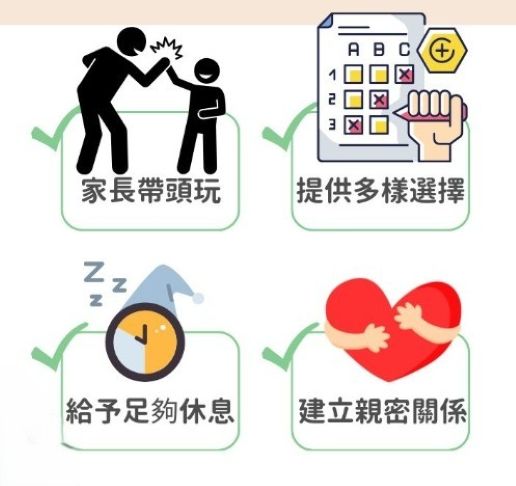In today's fast-paced life, teenagers face various pressures and challenges. However, games have become an important aid for their mental health. Many parents may consider games as mere entertainment, but in fact, games have a significant impact on teenagers' growth and mental well-being.
Multiple Benefits of Games
Many psychologists point out that games can not only reduce the mental health issues teenagers face but also help them develop interests and skills, and learn self-control, emotional regulation, and interpersonal relationships. These skills are essential components of the growth process for teenagers.
Cultivating Interests and Skills
Through participation in various games, teenagers can discover their potential interests and improve their abilities. Whether it’s team sports or creative crafts, these activities can spark their creativity, allowing them to learn while having fun.
Learning Self-Control and Decision-Making
Games often require quick decisions, which not only hone teenagers' thinking abilities but also teach them how to follow rules and exercise self-control. These experiences can better equip them to handle challenges in real life.
Regulating Emotions and Building Relationships
Games provide an outlet for emotional expression, allowing teenagers to release stress and learn how to regulate their emotions. Moreover, games offer an excellent opportunity to build friendships, teaching them how to interact with others through engagement.
The Role of Parents
Parents play a crucial role in teenagers' gaming experiences. They can support their children's gaming through the following approaches:
Active Participation
Parents can actively join in games, demonstrating a relaxed and open attitude. Whether it’s crafting together, participating in sports, or enjoying interactive entertainment, these activities can strengthen parent-child bonds.
Providing Diverse Gaming Opportunities
Teenagers have varying interests in different types of games. Parents should offer a wide range of options, allowing them to explore various activities such as art, music, dance, or cooking, helping them discover their passions.
Ensuring Adequate Rest Time
With heavy academic pressure, teenagers need proper downtime. Parents should ensure their children have enough relaxation time so they can engage in games happily and enjoy life.
Games are not just a part of teenagers' lives; they are an essential component of their mental health. Through games, teenagers can learn and grow in a relaxed and enjoyable atmosphere. Parental support and involvement will enhance this process, enabling children to acquire valuable life skills and joy through play. Games are not only a part of teenagers' lives but also an essential component of their mental health (Photo/Source: Liberty Health Network).
Games are not only a part of teenagers' lives but also an essential component of their mental health (Photo/Source: Liberty Health Network).
Source: Liberty Health Network







